Lots of parents dream of their children becoming the new Tiger Woods, Rory McIlroy or – Jordan Spieth. And it is Spieth who is the perfect revelation of the last three seasons. This American startled everyone when he joined the professionals at the age of 19. After seven years, he can boast seven victories, including two majors. Spieth is the new world-class player.
He was already very successful in the 2013 season when he won a temporary membership to the overseas tour, which opened the door for him to an unlimited number of sponsor invitations to tournaments. He settled among the elite. However, still not fully satisfied, he decided to head higher.
In March 2013, he placed second in Puerto Rico, but in July, just about two weeks before his twentieth birthday, Spieth won the John Deere Classic in a three-way thrilling playoff on the fifth hole against defending champion Zach Johnson and David Hearn. He became the fourth youngest PGA Tour winner and the first teenager in 82 years.
Five weeks after his victory, Spieth played the Wyndham Championship where he lost in a playoff to Patrick Reed. He also placed in the top ten and thanks to this, at the end of the 2013 season, he was ranked 10th on the PGA Tour money list and 22nd in the official World Golf Ranking. And what is more, he was named PGA Tour Rookie of the Year.
Lost heading at the Masters
Spieth made his debut at the Masters and shared the 54-hole lead with Bubba Watson. Spieth at one point was in position to become the youngest Masters champion at Augusta in history but was defeated by Watson. Spieth finished second and rewrote the history of the Masters at least in this respect. And he did not stop here. He became the youngest American ever to play in the Ryder Cup matches and the second youngest player ever (Sergio Garcia was younger when he was selected for Europe in 1999).
In November, Spieth won his second tournament in Australia. In the final round he shot a course record 63 to win the title by six strokes. A week later, he completed back-to-back victories, winning the Hero World Challenge in Florida where he set a new tournament scoring record of 26-under-par.
One victory after another
The 2015 season began very successfully for Spieth when he won the Valspar Championship, followed by a runner-up finish at the Valero Texas Open. Unfortunately, he lost in a playoff in Houston. It was only a prelude to the Masters, which Spieth won as the second youngest player in history after tying Tiger Woods’ 1997 record at 18-under. His victory was the first wire-to-wire Masters win since Raymond Floyd’s in 1976.
In June, Spieth won the US Open and became only the sixth player ever to win the Masters and the US Open in one year. Before the Open, Spieth played at the John Deere Classic, where he again won. In Britain, Spieth’s quest for the grand slam ended when he finished tied 4th, he was one stroke out of a playoff. After finishing second behind Jason Day at the PGA Championship, he became the world number one in the Official World Golf Ranking
What is behind it?
This is a career that can inspire a lot of young players and a lot of parents as well. But do you know what is behind it? It is definitely not an early specialisation in golf. On the contrary – Spieth as a child tried lots of different sports before prioritising golf, which was good since various sports activities help develop physical potential and overall enjoyment of the game.
Spieth became infatuated with golf when he was twelve and put all other sports aside. Spieth’s parents were aware of their son’s love for golf and his talent, but did not want their child to specialise only in one particular sport so early on. And they were right.
“We didn’t want our children to be good only at one sport. We wanted them to discover more choices,” said Spieth’s mother, Chris, for the Purpose2Play.com interview. “We wanted to make sure he didn’t focus on an individual sport too early, because there’s a lot that can be learned from competing as a team. I think having that experience really grounds you and prepares you for other things in life beyond sports. I think, sometimes, when kids show an aptitude for golf at a young age, their parents push them into spending all of their time on that one sport. They can easily get burnt out then,” she added.
American football, baseball and basketball
That is why Jordan Spieth played American football, baseball and basketball as well. While dedicating himself to football and baseball, he stopped with golf and vice versa – he grabbed his clubs again when he finished doing other sports. Both football and baseball perfectly developed Spieth’s golf potential since they required coordination of the entire body, as well as the strength in his arms.
In addition, Spieth was using his left hand while throwing, which helped improve his golf swing – he was stronger and more flexible, and thanks to a balanced development of the body, he was not prone to injuries. By the way, did you know that Phil Mickelson is similar in this issue? Mickelson is nicknamed “Lefty” for his left-handed swing, even though he is otherwise right-handed.
David Carter perceives a similar comprehensive approach as a huge advantage. He incorporates a lot of different games into training sessions in order to balance the one-sided strain caused by playing golf. Many young athletes focus on a specific movement early on in their training and are often not aware of this excessive physical one-sided strain.
Do not let your children burn out
“When children play, they should try everything possible – throw, kick, jump and not limit their potential,” says the English professional. “They’ll learn how their body works and become more flexible and their golf technique will improve thanks to this non-technical entertaining way.”
Interesting in this regard is a survey of the US Olympic Committee in which US Olympians revealed how many sports they practised at a certain age. The results are surprising – on average the athletes did more than two sports by the age of 18, and even three different sports by the age of 14. The specialisation came later when they reached 20. And here we are talking about US Olympians who regularly win a lot of precious medals.
“It’s necessary to allow children the natural sports development through a variety of games and sports. Your child doesn’t need to win the Masters at fourteen but can burn out at the same age,” warns David Carter.
Photo: source https://instagram.com/jordanspieth/

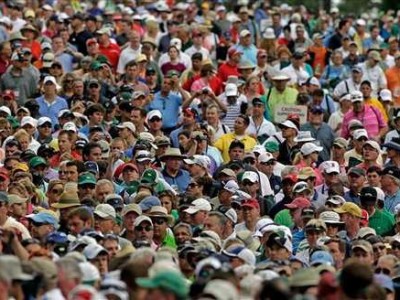

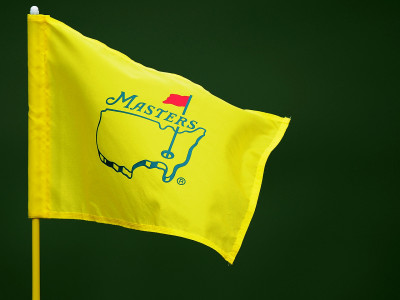
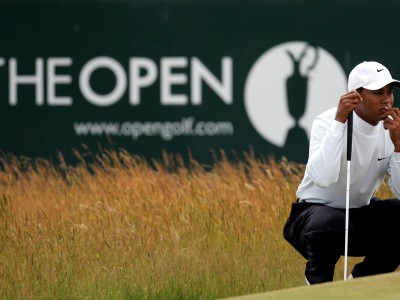


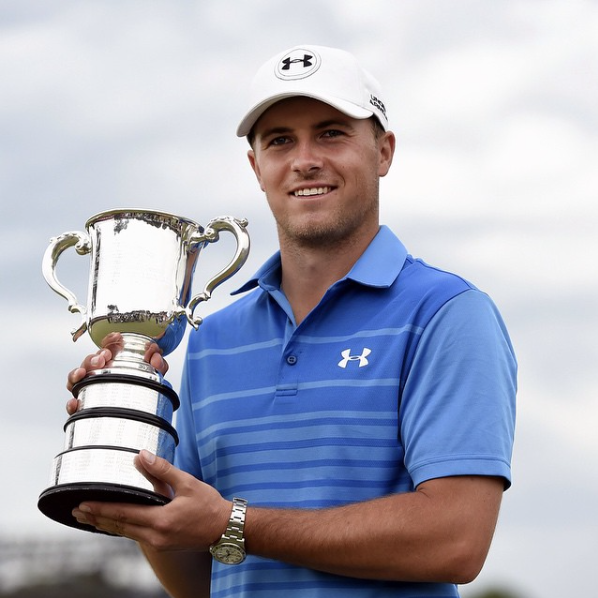
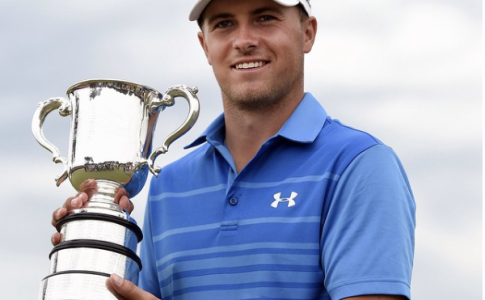
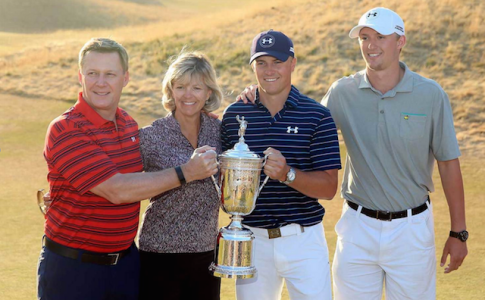
No comments